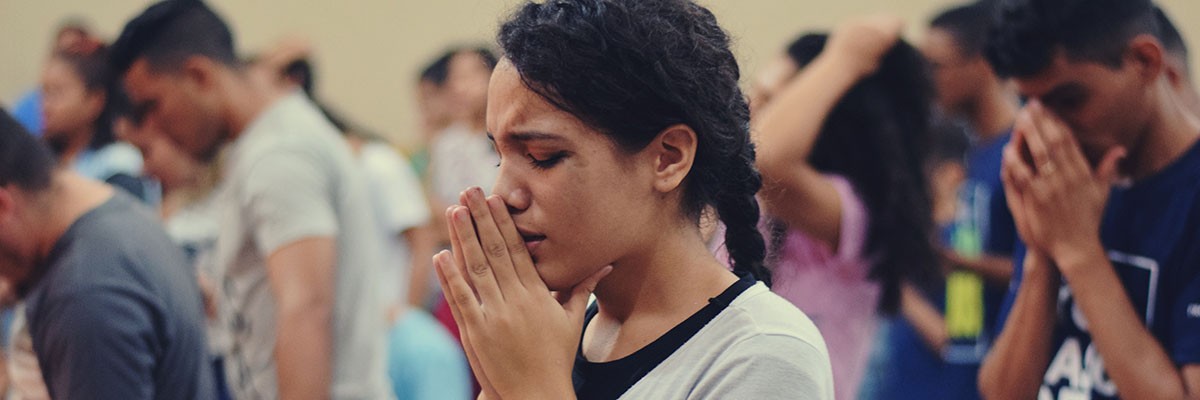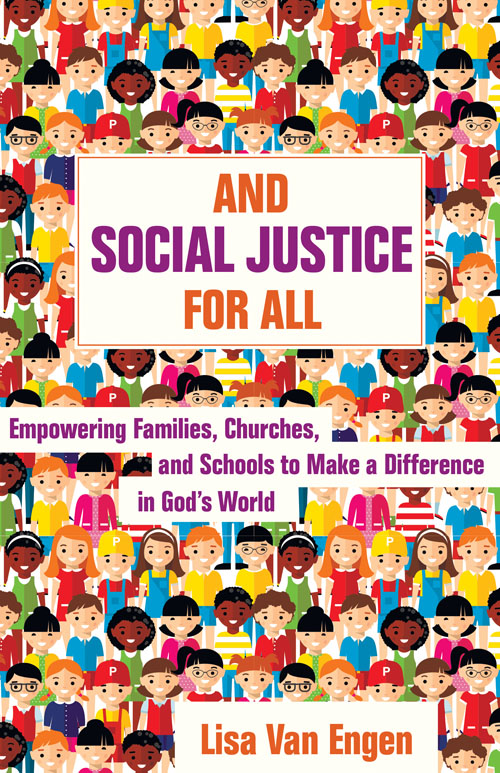
The challenges people face became real to me as a child through my parents’ work—my dad was a foundry manager and my mom an advocate for at-risk families at the public school. At an early age, I understood the strain and trauma of poverty. Social justice issues exist with layered complexity. As adults, we have a great capacity to equip young people early on to tackle tough issues, welcome others, and serve. When we rise, they will too.
I wrote And Social Justice for All to empower families, leaders, and teachers to do just that. The book offers hundreds of resources to dive into the work of engaging social justice. Here are twelve ways to begin your own family or group journey to becoming changemakers.
3. Read widely and well on social justice issues as a family. Expand your bookshelves to include authors, illustrators, characters, and stories from different races and ethnicities.
4. Encourage conversation around current events. Ask questions around the dinner table or while driving in the car.
5. Know history. Be honest about the ugly chapters. Again, widen the resources, books, films, and voices you listen too.
6. Bring marginalized voices to the center of your family life or group. Get to know your neighbors, community, and the global world. We all have a story. When we listen, we come alongside others. This may be one of the most powerful tools of engaging in the work of social justice.
7. Create new habits and traditions around advocacy. Kids remember things they did repeatedly together as a family or special group.
8. Gather a group to collaborate. When gifts and strengths combine, our reach multiplies. We’re stronger together.
9. Be in proximity to the needs in your own community. Know what social justice issues the people around you struggle with. What systems could you help change to make a difference?
10. Assess the unique background, gifts, and strengths of your family or group and decide what justice work might be the best fit. There may be social justice issues you are specially equipped for.
11. Explore what ways people are using their creativity and innovation to find answers and give hope to real problems. Exciting work happens every day, and we can come alongside others to support those efforts.
12. Pray. Pray for humility, the ability to listen, and strength to come alongside others with the compassionate love of Christ.
This prayer I leave with you—as I do with the readers of And Social Justice for All:
We must not look away.
Draw up in proximity.
Be a fierce light.
A sanctuary.
Do not let injustice stand.
Let this be written:
We listened.
We were a people who cared
Deeply, openly, and expansively
For all of God’s people.


